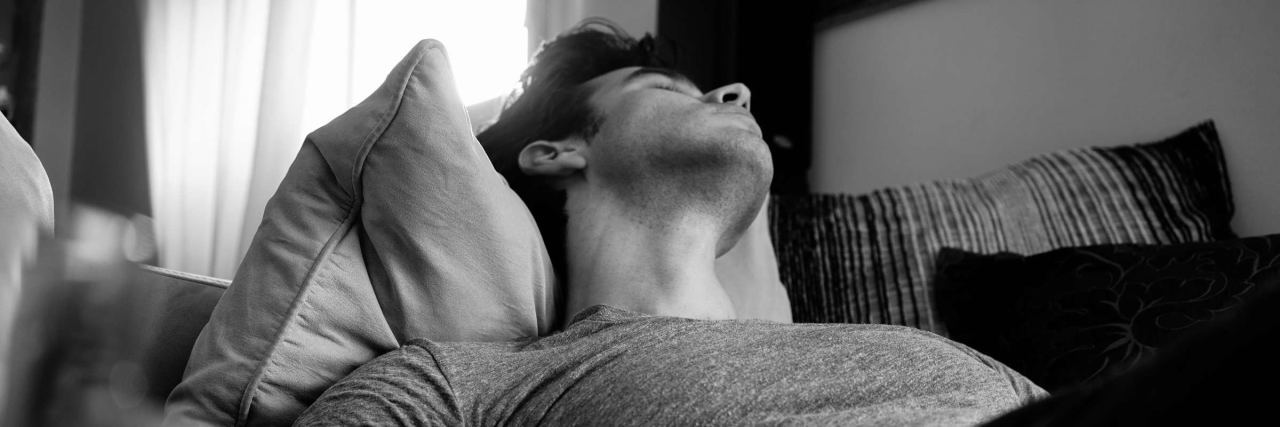This article was written by Christian Benedetto Jr. for the PTSD Journal.
To those who don’t struggle with post-traumatic stress disorder (PTSD), the following things may sound like common sense. But these are seven things I wish someone had told me, because I didn’t realize these things would affect my PTSD symptoms so much.
1. For me, PTSD and sleep are polar opposites. That is why I had to stop consuming caffeine, be it coffee or soda. If you feel like you can’t go without it, I would suggest one cup of coffee in the morning. I know you might be tired from lack of sleep, but caffeine isn’t always your friend.
2. Since eliminating caffeine, I also had to get rid of the nicotine. It didn’t help me sleep. I know it might relax you, but if there is one reason to quit, getting better sleep would be it.
3. I guess sugar intake would be next. Sugar might be difficult to eliminate, but it can keep you awake and leave you more tired.
4. If you’re on medication, I think the worst thing you can do is wake up one day and say to yourself, “I feel pretty good, shit I feel great, I don’t think I’ll take my meds — for just one day — well OK, it’s day two and I’m still OK.” I’ve been there and it did not end well. If you’re on medication and it helps you function, don’t take yourself off them without speaking to a doctor first.
5. Alcohol was the easiest way for me to self-medicate. I’m a recovering alcoholic who quit drinking in 2007. I’ve fallen off the wagon four times, and in early June it will be a year since my last drink. If you’re struggling, I suggest going to AA (Alcoholics Anonymous), getting sponsored, doing the work and cultivating a support system — you don’t have to do this alone. For me, alcohol and PTSD were a bad combination, and if you’re are taking medication, it might be even worse.
6. I think a balanced diet will help alleviate PTSD symptoms. I think anything that helps balance sleep patterns is good advice.
7. Please seek helps. Talk to someone — a family member, friend, therapist, priest, minister, rabbi, social worker. I’ve found that talking about it helps, because there is no shame in PTSD. Talking openly can also help educate people about PTSD; it affects men and woman, military and civilian alike. We need to help destroy the stigma surrounding PTSD.
To find more stories like this, visit PTSD Journal.
Unsplash photo via Adi Goldstein

